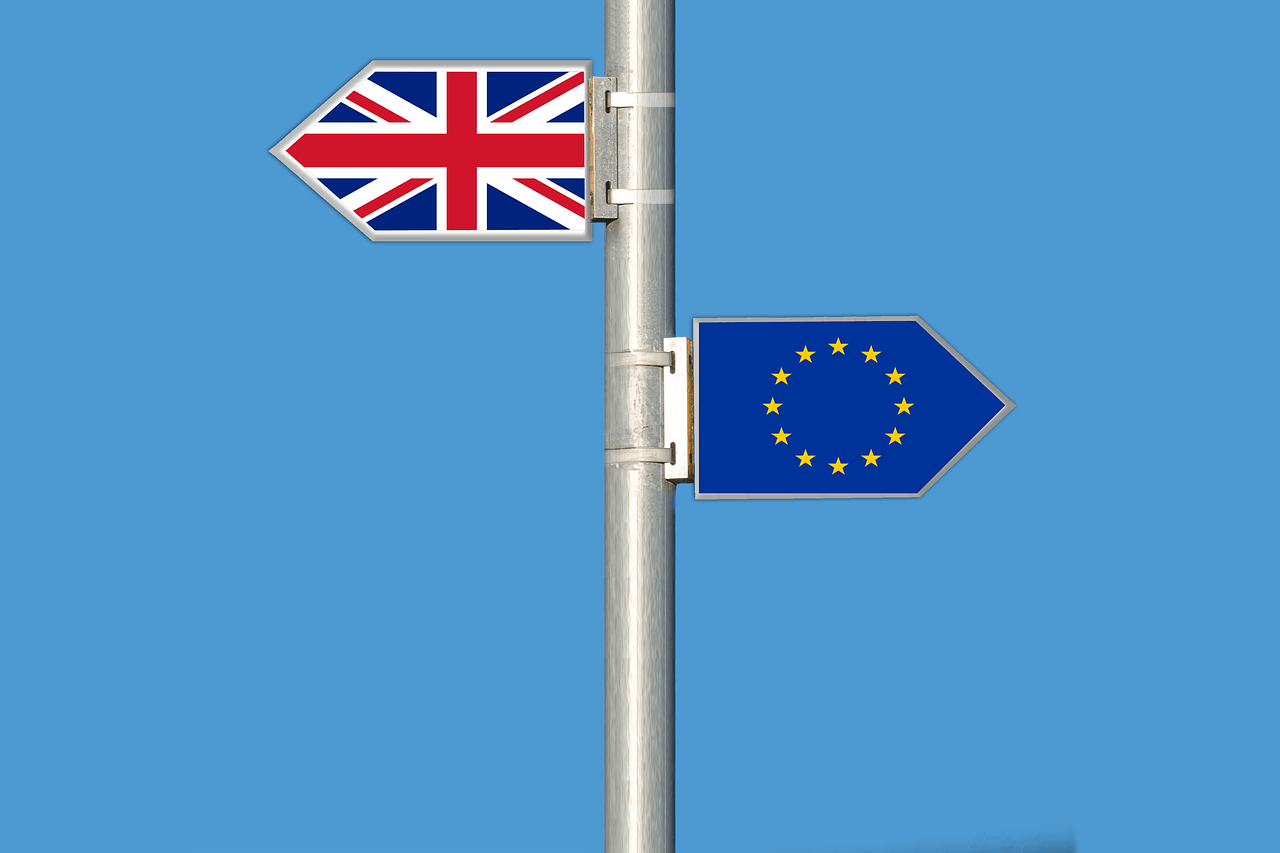The United Kingdom’s currency the pound sterling has taken a drastic drop on Thursday morning as multiple members of Prime Minister Theresa May’s cabinet resigned hours after a controversial Brexit deal was announced.
As of the publishing of this article, the sterling was down more than one percent against both the dollar and the euro. The pound was down 1.17 percent against the dollar and 1.25 percent against the euro.
Who Has Resigned
Brexit secretary Dominic Raab along with work and pension secretary Esther McVey were among those announcing they couldn’t support the deal. The Independent broke down the rationale behind the announcements, what they could mean for Prime Minister May, and others who have resigned:
Theresa May has been forced to defend her Brexit plan to MPs just moments after cabinet ministers Dominic Raab and Esther McVey dealt her authority a major blow by resigning from the government.
The prime minister secured the uneasy support of her cabinet for the draft deal with Brussels after a stormy five-hour meeting on Wednesday night.Consensus only lasted a matter of hours before Mr. Raab, the Brexit secretary, sensationally quit, shortly followed by Ms. McVey, as well as Northern Ireland minister Shailesh Vara and Brexit minister Suella Braverman.
There is also widespread speculation that angry Tory backbenchers are preparing to launch a bid to topple the prime minister.
“Today, I have resigned as Brexit Secretary. I cannot in good conscience support the terms proposed for our deal with the EU,” Raab stated on Twitter. Raab would continue explaining his decision in his resignation letter, “I cannot support the proposed deal for two reasons. First, I believe that the regulatory regime proposed for Northern Ireland presents a very real threat to the integrity of the United Kingdom,” he began. “Second, I cannot support an indefinite backstop arrangement, where the EU holds a veto over our ability to exit. The terms of the backstop amount to a hybrid of the EU customs union and single market obligations,” he continued.
Is May Really In Trouble
“Jeremy Corbyn has increased Labour’s share of the vote by more than any other of the party’s election leaders since 1945. Labour’s proportion of the vote grew 9.6 percent in Thursday’s poll — the biggest swing since Clement Attlee shortly after the Second World War,” the Independent reported in June 2017 after the historic snap elections which saw the Conservative Party lose its majority.
With the current Brexit environment, the popularity of the Jeremy Corbyn led Labour Party, and the disastrous 2017 election results — Theresa May’s political career is definitely in jeopardy. If she loses the support of her main allies within the Conservative Party, it’s unlikely that she will be able to defeat a vote of ‘no confidence.’
The Standard explains the process:
A ‘no confidence’ vote is a formal motion in the House of Commons, with the wording: “That this house has no confidence in HM Government”.
To put it more colloquially, it would mean MPs feel the Prime Minister is no longer deemed fit to hold their role.
According to the Conservative Party, a total of 48 letters would trigger a shutdown into Mrs. May’s plan.
A ‘no confidence’ vote would require just seven Tory MPs – or all of the DUP MPs – to turn against the government’s plan.
If a vote is successful a two-week ‘cooling off’ period would follow, after that period Members of Parliament (MPs) would attempt to form a new government. However, if no new agreement can be formed with a majority May would be forced to set a date for another general election.




